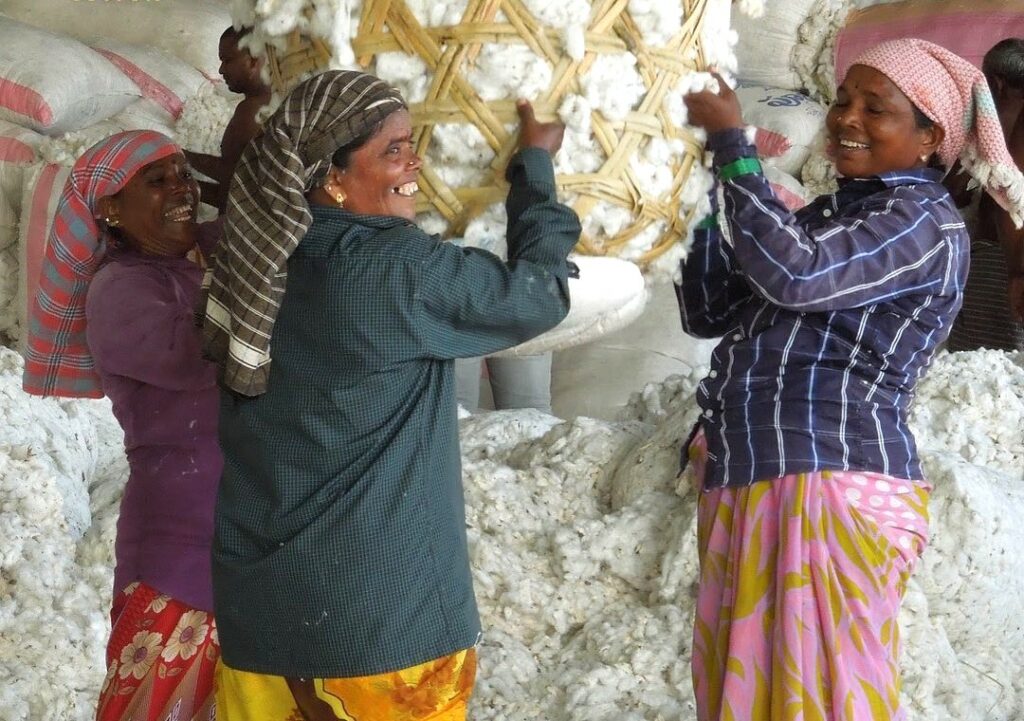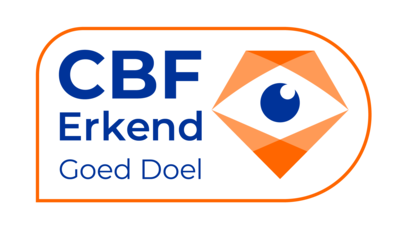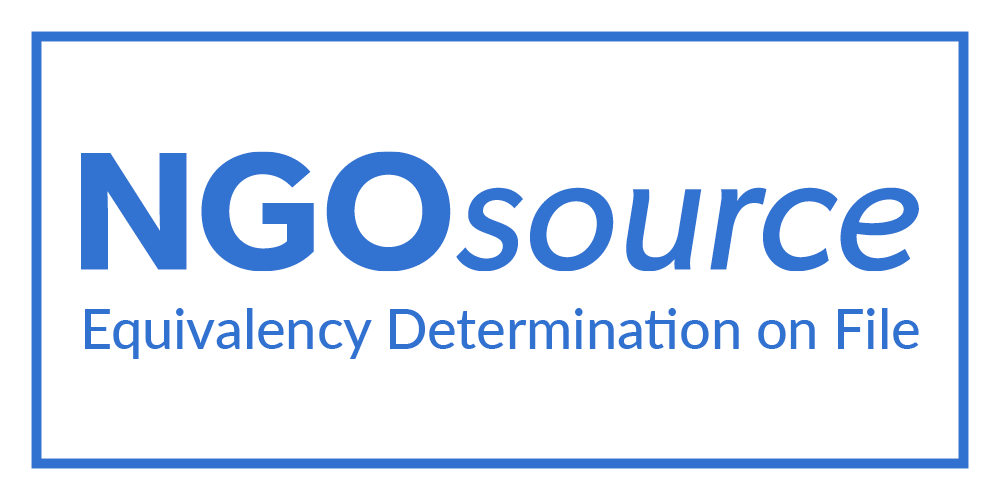Regenerative farming is acknowledged by an increasing number of fashion labels as the most promising method of material sourcing to reduce the fashion industry’s environmental impact and preserve biodiversity. Regenerative farming can also improve an indigenous farming family’s prospects.
As one of the frontrunners in regenerative organic cotton farming, the Raddis® System, developed by Women on Wings’ business partner Grameena Vikas Kendram Society for Rural Development (GVK Society) is not only catching the attention of global fashion labels but also the United Nations at the COP 15 Biodiversity Conference in Montreal.
Raddis means RADically DISruptive. It provides a comprehensive regenerative farming concept for transparent and promising ways to sustainably transform the cotton value chain.
Cotton farming approaches a new era
Conventional non-organic farming is characterized by monocultures, excessive tillage, artificial irrigation, and intensive use of chemical pesticides and synthetic fertilizers that threaten integral bacteria, fungi, insects, birds, and small animal populations. Expensive chemicals disrupt food chains, poison soils, which harm human and environmental health.
Expensive seeds and ever-increasing price pressures also cause financial hardship for indigenous farming families. Regenerative agriculture on the contrary considers natural resources, flora and fauna, and people. It deals consciously and intensively with the restoration of the entire ecosystem.
Major fashion brands increasingly feel the urge to change sourcing methods and have committed to a progressive shift towards sustainable fashion. They are investing heavily in regenerative agriculture farms to grow their supply or working with companies to access regeneratively grown materials. These include big names like Gucci, North Face, Eileen Fisher, Vans, Patagonia, Timberland, Stella McCartney and Reformation.
Raddis® as a solution
Raddis® is one of the world’s first regenerative organic cotton programs that attempts to improve vulnerable indigenous women farmers` livelihoods in rural India while nurturing the environment around them.
An acre of a Raddis® sown farm has potential to sequester more tonnes of carbon annually than a traditional farm. Other key features of a Raddis® farm are improved biodiversity and soil water storage.
Hugo Boss works with various partners, including Raddis®Cotton, to drive regenerative farming. The Hugo Boss website states its objectives: “Though agriculture has had a negative impact on soil health, biodiversity and the climate in the past, it can be transformed into a powerful nature-based solution. That’s why, after taking a close look at our supply chain, we are investing in our partners, who develop more resilient systems for the future through regenerative farming.”
German fashion label Lässig made a firm commitment to partner with the Raddis®System. They will actively contribute to regenerative cotton cultivation methods in South-East India and make a long-term commitment by a relevant transformation path: from conventional, degenerative cotton cultivation to regenerative, organic cotton cultivation.
Praise of UN
GVK Society showcased the success story of Raddis® at the UN COP 15 Biodiversity Conference held December 2022 in Montreal, Canada. The biodiversity benefits and livelihood gains that GVK Society’s different approach to farming produced caught the attention of the events participants.
Impressed by the cotton farmers’ success stories, representatives from Mexico and Papua New Guinea indicated interest in replicating GVK Society’s approach to farming in their respective countries. Elizabeth Mrema, Executive Secretary, United Nations, paid tribute to GVK Society. She appreciated GVK Society’s work with indigenous women farmers in conserving biodiversity and implementing innovative models to mitigate biodiversity and climate loss in the Indian state of Andhra Pradesh.
Image | Raddis®
Sources include articles in Bizz Buzz, Luxury Daily, South First and the websites of Hugo Boss and Lässig.


